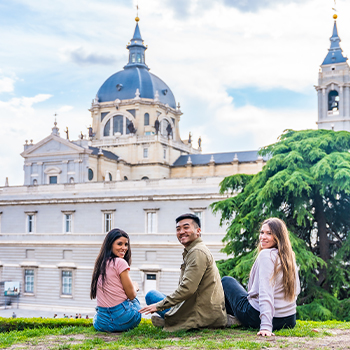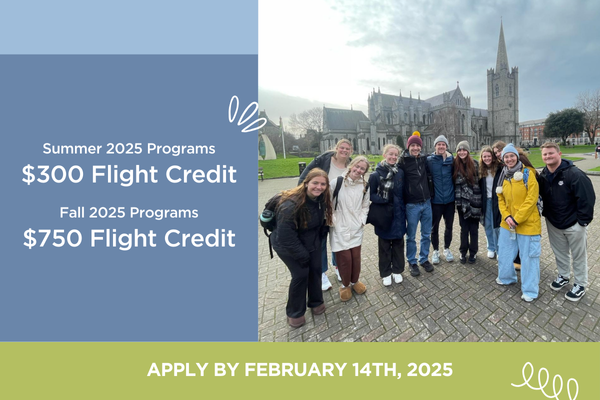The History of Collecting and Exhibiting (1500-present) - Period 4
Honors Program Program
Amsterdam, Netherlands
Dates: 1/30/25 - 6/27/25

The History of Collecting and Exhibiting (1500-present) - Period 4
OVERVIEW
CEA CAPA Partner Institution: Vrije Universiteit Amsterdam
Location: Amsterdam, Netherlands
Primary Subject Area: History
Instruction in: English
Course Code: L_GABAGES221
Transcript Source: Partner Institution
Course Details: Level 200
Recommended Semester Credits: 3
Contact Hours: 84
Prerequisites: This is a BA2 history course, open for MKDA and History students. For international exchange students (level 200-300) from other disciplines a basic knowledge of (art) history is required
DESCRIPTION
In this introductory course of the BA-specialisation track 'Heritage Studies: histories, memories, spaces', students are made familiar with recent debates and theories on collecting and exhibiting objects of art, culture and science in relation to long-term developments in the history of collecting and exhibiting and the changing meaning and function of collected objects in society. Students study (the history of) collections and exhibitions from a variety of disciplinary angles, including art history, archaeology & ancient history, medical history, ethnology/anthropology and cultural history (including religious, non-western and colonial history). Special attention is paid to the cultural and political contexts in which collections are shaped and used throughout history. The so-called 'Atlas on customs, traditions and habits in the Netherlands' collected as from the 19th Century by the Royal Antiquities Society and now in the Rijksmuseum in Amsterdam, will serve as a case in point. This course thus provides students with a historical and interpretative framework that prepares them for interdisciplinary research on objects and visual artefacts as primary sources at the intersection of cultural and political history.
Contact hours listed under a course description may vary due to the combination of lecture-based and independent work required for each course therefore, CEA's recommended credits are based on the ECTS credits assigned by VU Amsterdam. 1 ECTS equals 28 contact hours assigned by VU Amsterdam.
Contact hours listed under a course description may vary due to the combination of lecture-based and independent work required for each course therefore, CEA's recommended credits are based on the ECTS credits assigned by VU Amsterdam. 1 ECTS equals 28 contact hours assigned by VU Amsterdam.








